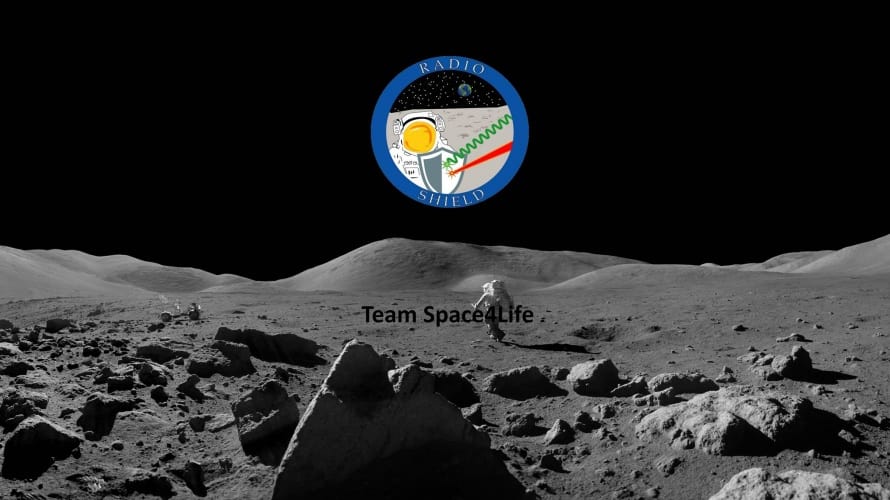Lab2Moon competition winners revealed
Italy’s Team Space4Life has been named the winner of the Lab2Moon competition and will see its experiment travel to the lunar surface.


The competition was created by India’s TeamIndus, one of five teams involved in Google’s Lunar XPRIZE, which is challenging private investors to reach the moon and complete a series of tasks. Later this year, TeamIndus plans to land a rover on the moon which is able to travel 500m and send HD images back to Earth. Part of TeamIndus’s remit is also to promote STEM, and the Lab2Moon competition is a key component of that. Open to under-25s, it drew over 3,000 entries from around the world.
Team Space4Life took the top prize by proposing an experiment to test whether a colony of Cyanobacteria could help shield astronauts from space radiation. According to TeamIndus, the quality of the entries was so high that the idea of bringing multiple experiments on the lunar trip is now being pursued.
“Based on the feedback I received from the judges, these experiments could revolutionise the future of humanity,” said Sheelika Ravishankar from TeamIndus.
Register now to continue reading
Thanks for visiting The Engineer. You’ve now reached your monthly limit of news stories. Register for free to unlock unlimited access to all of our news coverage, as well as premium content including opinion, in-depth features and special reports.
Benefits of registering
-
In-depth insights and coverage of key emerging trends
-
Unrestricted access to special reports throughout the year
-
Daily technology news delivered straight to your inbox








Water Sector Talent Exodus Could Cripple The Sector
Maybe if things are essential for the running of a country and we want to pay a fair price we should be running these utilities on a not for profit...